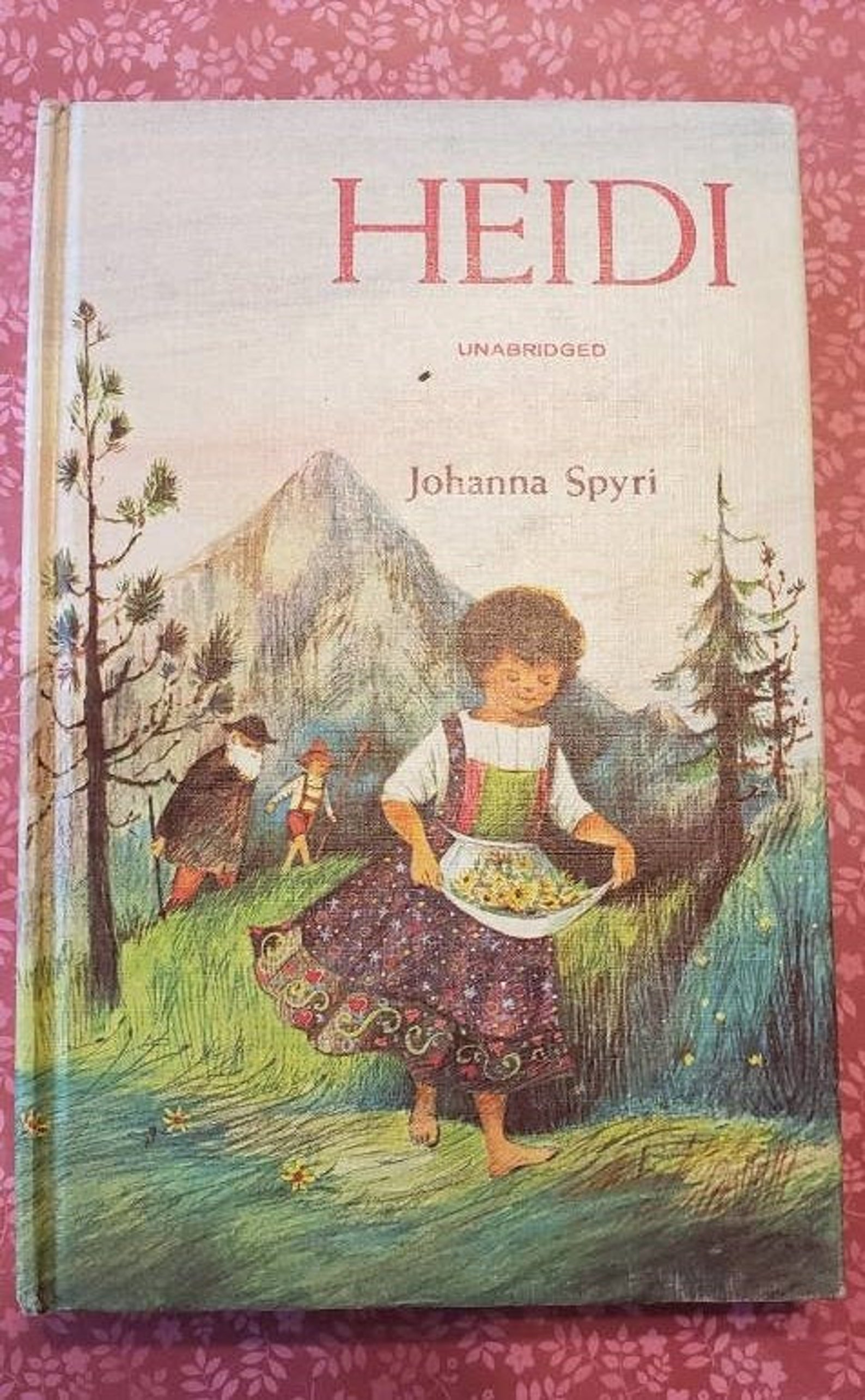


Heimathlos Im Tilonethal In Leuchtensa Keiner zu Klein Helfer zu sein Onkel Titus Schloss Wildenstein Sina Ein Goldener Spruch Die Hauffer Muhle Verschollen, nicht vergessen Was soll deim aus ihr werden Was aus ihr Geworden ist. Her chief works, besides Heidi, were:– Am Sonntag Arthur und Squirrel Aus dem Leben Aus den Schweizer Bergen Aus Nah und Fern Aus unserem, Lande Cornelli wird erzogen Einer vom Hause Lesa 10 Geschichten fur Yung und Alt Kurze Geschichten, 2 vols.

The authoress, as we feel in reading her tales, lived among the scenes and people she describes, and the setting of her stories has the charm of the mountain scenery amid which she places her small actors.

In all her stories she shows an underlying desire to preserve children alike from misunderstanding and the mistaken kindness that frequently hinder the happiness and natural development of their lives and characters. Madame Spyri, like Hans Andersen, had by temperament a peculiar skill in writing the simple histories of an innocent world. The record of the early life of this Swiss child amid the beauties of her passionately loved mountain-home and during her exile in the great town has been for many years a favorite book of younger readers in Germany and America. Her own sympathy with the instincts and longings of the child’s heart is shown in her picture of Heidi. She had been well known to the younger readers of her own country since 1880, when she published her story, Heimathlos, which ran into three or more editions, and which, like her other books, as she states on the title page, was written for those who love children, as well as for the youngsters themselves. “Heidi” is a delightful story for children of life in the Alps, one of many tales written by the Swiss authoress, Johanna Spyri, who died in her home at Zurich in 1891. XI Heidi Gains in One Way and Loses in Another IX Herr Sesemann Hears of Things that are New to Him VIII There is Great Commotion in the Large House VII Fraulein Rottenmeier Spends an Uncomfortable Day


 0 kommentar(er)
0 kommentar(er)
